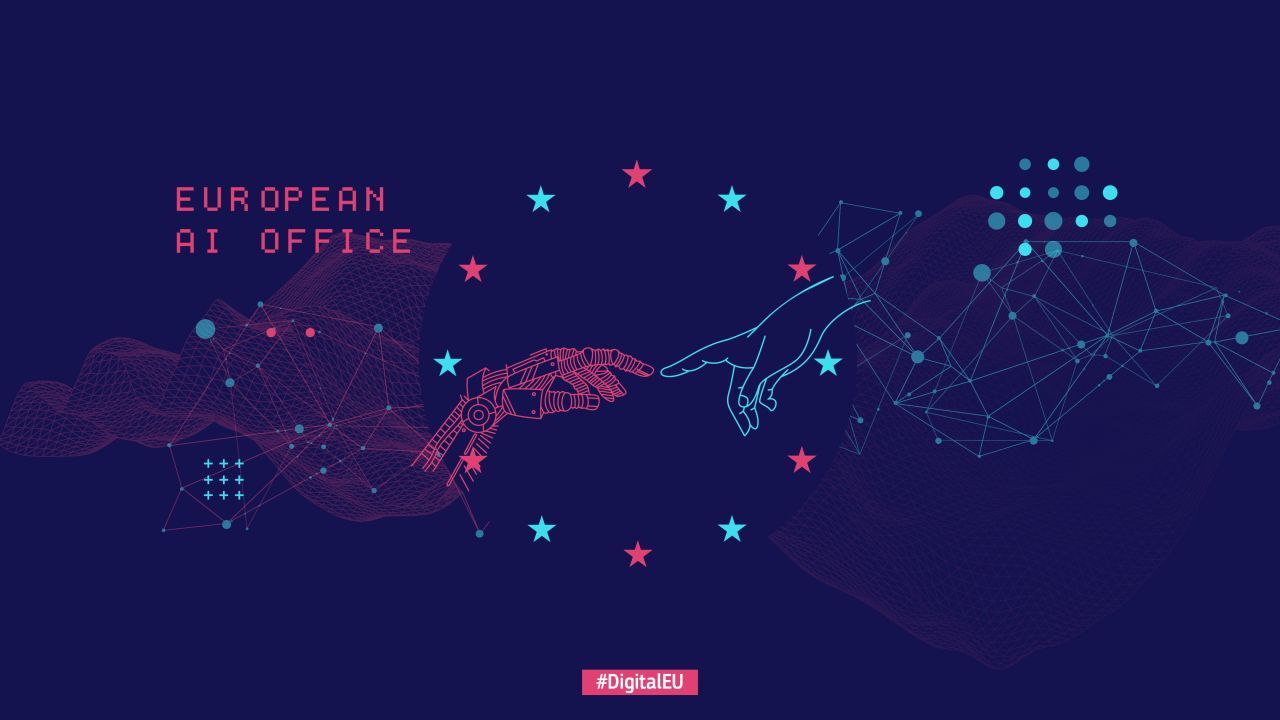The EU’s Code of Practice on AI to consider the insights industry
The rapid advancements that allowed Artificial Intelligence (AI) to become commonplace over the past couple of years shook the insights industry to its core and allowed for a discussion that has raged on without signs of abatement.

The rapid advancements that allowed Artificial Intelligence (AI) to become commonplace over the past couple of years shook the insights industry to its core and allowed for a discussion that has raged on without signs of abatement. As a result, ESOMAR promptly jumped to actively support its members and the wider community in all fronts and organised an AI Forum in Amsterdam in 2023, assembled an AI Taskforce to openly discuss everything AI-related, published specific guidance through its 20 Questions to Help Buyers of AI-based Products, and has now activated its advocacy arm to engage in discussions with legislators.
A result of the latter is ESOMAR’s election to guide the development of a European Code of Practice on General Purpose AI (GPAI), along with a wider group of experts, academia, AI providers and organisations. This Code of Practice will act as a guide for providers of AI tools to continue to develop their portfolio of products while ensuring compliance with the recently published AI Act from the European Union.
Work on the General Purpose AI Code of Practice will be divided into four specialised working groups:
1. Transparency and copyright-related rules for all GPAI model providers,
2. risk identification and assessment measures for systemic risks,
3. technical risk mitigation measures for systemic risks, and
4. internal risk management and governance for providers of GPAI models with systemic risk.
ESOMAR members, colleagues and partner associations will quickly see how working group 1 focuses on transparency, which is one of the fundamental principles of the ICC/ESOMAR Code of Conduct. Likewise, working group 4 deals with governance and risk management, which is an area that ESOMAR’s 20 Questions to Help Buyers of AI-based Products tackles in its pages. As such, ESOMAR has been laying the groundwork for these topics over the decades and is in prime position to engage in the necessary discussions to ensure that the insights industry is properly accounted for in this body of work.
The GPAI Code of Practice is expected for publication by April of 2025 after a series of plenary meetings. The first one was a kick-off on 30 September to explain the structure, timeline and experts involved in coordinating each of the work groups outlined above. Working group 1 will be co-chaired by Nuria Oliver (ELLIS Alicante Foundation) and Alexander Peukert (Professor at Goethe University Frankfurt am Main), and working group 4 will be chaired by Marietje Schaake (fellow at Stanford’s Cyber Policy Centre and the Institute for Human-centred AI). The next meeting is scheduled for 11 November.
ESOMAR will continue to ensure that the insights industry continues to be properly represented within the European union as well as internationally through similar initiatives, including in partnership with our extensive network of local associations worldwide, and we will continue to keep our membership up to date with developments in this and other areas.
Xabier Palacio
Head of Intelligence, Advocacy and Standards at EsomarXabier guides the creation of influential studies, reports, and guidelines at ESOMAR while overseeing the Departments of Professional Standards, Intelligence, and Public Affairs. He leads efforts to provide industry insights, maintain ethical standards, and advocate for the sector’s interests. ESOMAR, a global hub for research, insights, and analytics since 1947, supports over 50,000 professionals and companies worldwide. Under Xabier’s leadership, these departments ensure the industry’s continued growth, fostering collaboration and advocating for responsible practices with regulators and legislators.
Originally from Spain, Xabier has been living in the Netherlands for a number of years, where he studied a Master in International Economics followed by a Master in Marketing at the Erasmus University of Rotterdam. He is fluent in Spanish and English, has a decent command of Dutch, and loves music about as much as analysis.


